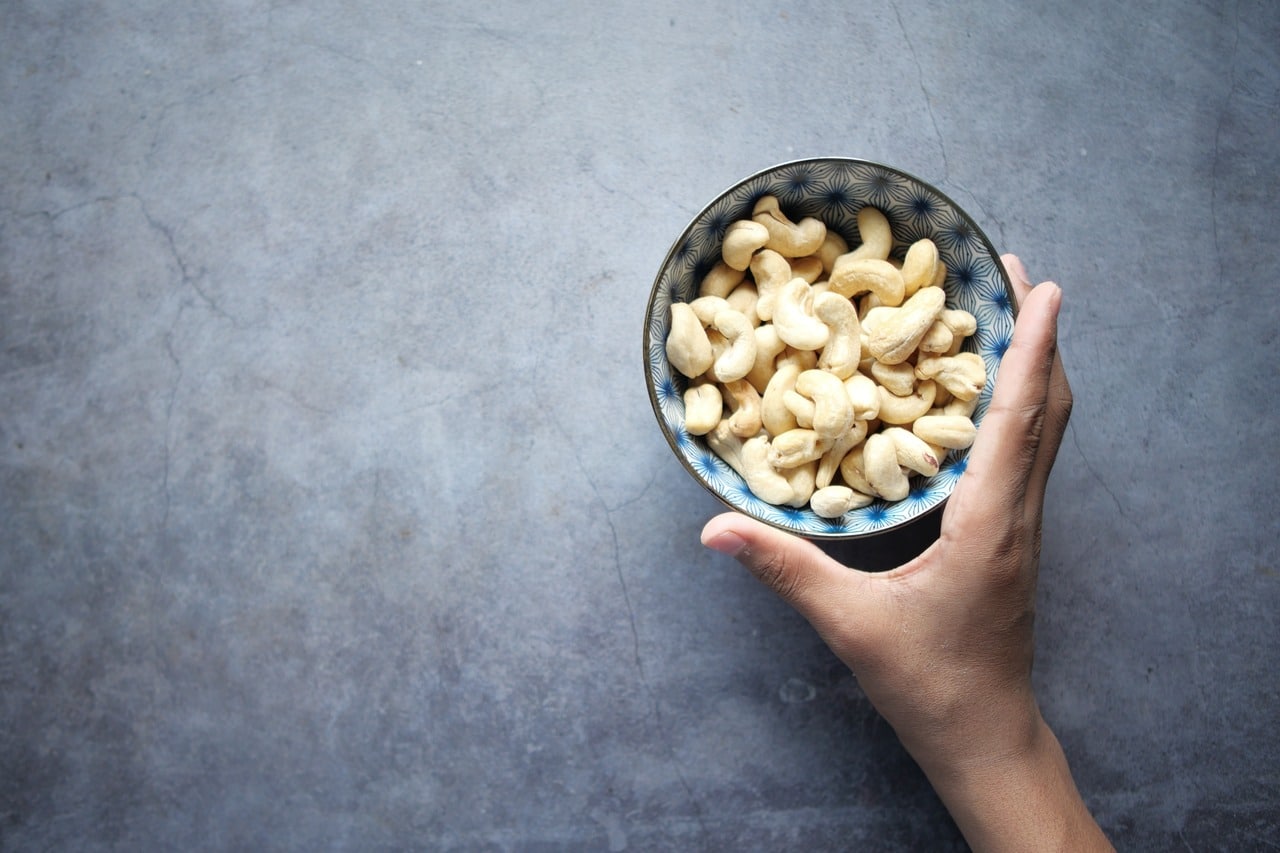Can People With Diabetes Eat Bananas? Exploring the Health Benefits of this Versatile Fruit
When it comes to managing diabetes, diet plays a crucial role. It’s essential to make informed choices about the foods we consume to maintain stable blood sugar levels. Among the commonly asked questions is whether people with diabetes can enjoy bananas, a delicious and nutritious fruit. In this blog post, we will delve into the topic, exploring the health benefits of bananas and discussing their suitability for individuals living with diabetes.
The Nutritional Value of Bananas
Bananas are often hailed as a nutritional powerhouse, and for good reason. They are packed with essential vitamins, minerals, and dietary fiber, making them a popular choice for those seeking a healthy snack. Here’s a breakdown of the typical nutritional composition of a medium-sized banana:
- Calories: 96
- Carbohydrates: 25 grams
- Fiber: 3 grams
- Vitamin C: 10% of the recommended daily intake (RDI)
- Potassium: 9% of the RDI
- Vitamin B6: 20% of the RDI
- Magnesium: 8% of the RDI
Can People with Diabetes Eat Bananas?
Contrary to some misconceptions, people with diabetes can indeed enjoy bananas in moderation as part of a balanced diet. While bananas do contain natural sugars, they also provide essential nutrients that can benefit overall health. However, it’s important to consider portion sizes and incorporate them into a well-planned meal plan.
Health Benefits of Bananas
Rich in Fiber
Bananas contain both soluble and insoluble fiber. Soluble fiber helps slow down the digestion and absorption of carbohydrates, preventing spikes in blood sugar levels. Insoluble fiber aids in maintaining a healthy digestive system and can help manage weight, a factor closely linked to diabetes management.
Moderate Glycemic Index (GI)
The glycemic index measures how quickly a particular food raises blood sugar levels. Bananas have a moderate GI score, meaning they cause a gradual rise in blood glucose levels compared to high GI foods. The presence of fiber in bananas further slows down the release of sugars into the bloodstream.
Source of Potassium
Potassium is an essential mineral that plays a vital role in maintaining heart health and regulating blood pressure. People with diabetes are at a higher risk of developing heart-related conditions, making bananas a heart-healthy choice due to their potassium content.
Vitamin C Boost
Bananas contain a good amount of vitamin C, an antioxidant that helps strengthen the immune system, supports collagen production, and aids in wound healing.
Energy Boost
Bananas are a great source of natural sugars (fructose, glucose, and sucrose), providing a quick and sustained energy boost. This can be particularly beneficial for individuals with diabetes who engage in physical activity or need a pick-me-up throughout the day.
Heart Health
The fiber, potassium, and vitamin C in bananas contribute to heart health. The combination of these nutrients helps maintain healthy blood pressure levels, reduce the risk of cardiovascular diseases, and promote overall cardiovascular well-being.
Are Cherries Good for Diabetics? Understanding the Glycemic Index
Improved Digestion
The fiber content in bananas aids in promoting healthy digestion and preventing digestive issues such as constipation. Consuming bananas regularly can help regulate bowel movements and promote a healthy gut.
Mood Enhancement
Bananas contain tryptophan, an amino acid that is converted into serotonin in the body. Serotonin is known as the “feel-good” hormone and plays a crucial role in regulating mood, reducing anxiety, and promoting a sense of well-being.
Eye Health
Bananas contain small amounts of vitamin A, which is essential for maintaining good vision and eye health. Additionally, the antioxidants present in bananas help protect the eyes from damage caused by free radicals.
Bone Health
Bananas contain several nutrients that contribute to bone health, including potassium, magnesium, and vitamin C. These nutrients help in maintaining strong bones, preventing the onset of conditions such as osteoporosis.
Incorporating Bananas into a Diabetes-Friendly Diet
While bananas can be enjoyed by people with diabetes, it’s essential to consume them mindfully. Here are a few tips to consider when incorporating bananas into a diabetes-friendly diet:
Portion Control
Opt for smaller-sized bananas or consume half of a larger one to manage your carbohydrate intake effectively. Remember to consider the total amount of carbohydrates in your meal plan and adjust accordingly.
Pair with Protein or Healthy Fats
To further slow down the release of sugars into the bloodstream, pair your banana with a source of protein or healthy fats. For example, you can enjoy a banana with a handful of nuts or incorporate it into a smoothie with Greek yogurt.
Consider the Ripeness
Ripe bananas tend to have a higher glycemic index than greener, less ripe ones. Opt for bananas with a slightly green tinge to keep the glycemic load lower.
Individual Blood Sugar Response
It’s important to monitor your own blood sugar levels after consuming bananas and observe how your body responds. Everyone’s diabetes management is unique, so listen to your body and make adjustments accordingly.
Bananas can be a part of a healthy diet for individuals living with diabetes when consumed in moderation and as part of a well-balanced meal plan. They offer a range of health benefits, including fiber content, potassium, and essential vitamins. As always, it’s crucial to work closely with a healthcare professional or registered dietitian to create a personalized meal plan that fits your specific needs. Remember that managing diabetes is a holistic approach that encompasses a balanced diet, regular physical activity, and proper medication management.














